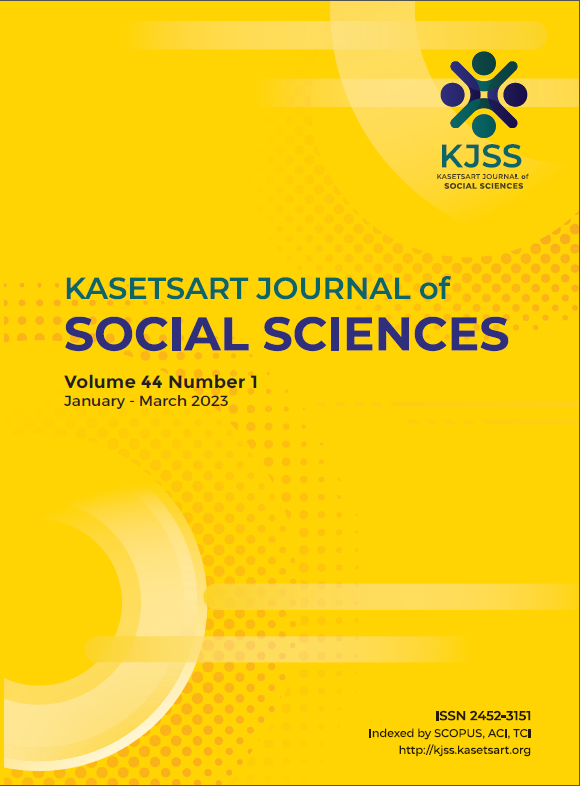Procedure Inside Actors for Taking Activities (PIATA): An enabling model to support socio-environmental policy planning process
Keywords:
climate change, culture, human ecology, social experiment, societyAbstract
Environmental problems have become more complex and massive. An example of this is high meat consumption culture, which can be categorized as an un-eco-friendly habit according to its contribution to climate change. This research was set up by conducting a sustainability challenge to 50 participants in total in Indonesia and Australia on shifting behavior from un-eco-friendly to eco-friendly culture, viz. becoming a less or zero meat eater. Through the human ecology approach, this research applied a social experiment and an autoethnography approach. At the end of this challenge, all participants were interviewed about their experiences to understand the backgrounds of why people choose to conduct activities or behavior, which are either detrimental to or nurture the environment. Once participants’ responses are tabulated and analyzed, this research ends with a model, called PIATA (Procedure Inside Actors for Taking Activities). It maps the process of each actor to decide on activities to take. This model also explains the relationship between agents, and how they can influence one another. This model can help policymakers to map the establishment process of culture among societies. Actors with the power to set regulations have the most power to steer cultural shifting as it can bind people’s activities and initiate cultural shifts. The same goes for pro-environment cultural shifting.
Downloads
Published
How to Cite
Issue
Section
License

This work is licensed under a Creative Commons Attribution-NonCommercial-NoDerivatives 4.0 International License.
This is an open access article under the CC BY-NC-ND license http://creativecommons.org/licenses/by-nc-nd/4.0/










